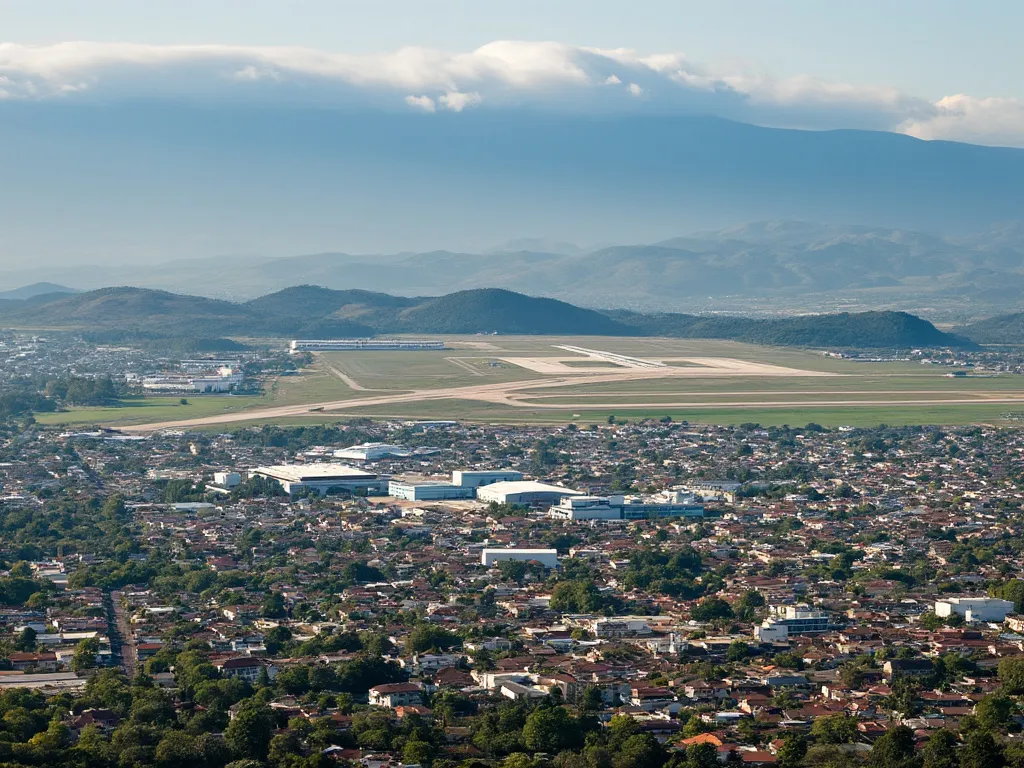
Lilongwe es la capital y ciudad más grande de Malaui, un país del sur de África. Ubicada en el corazón del país, Lilongwe es una bulliciosa metrópolis que sirve como el centro administrativo, económico y cultural del país. La ciudad es conocida por sus vibrantes mercados, su diversa escena cultural y su rica historia que se remonta al siglo XIX.
Información sobre Lilongwe
| País | 🇲🇼 Malaui |
| Población de la ciudad | 989,318 (estimación 2020) |
| Coordenadas de la ciudad | 13.9833° S, 33.7833° E |
| Área de la ciudad | 727.79 km² |
| Clima | Clima subtropical de altitud |
| Idioma | Chichewa, Inglés |
| Moneda | Kwacha malauí |
| Zona horaria | CAT (Hora de África Central) |
| Proximidad a otras ciudades importantes | Blantyre (300 km), Lusaka (560 km), Harare (740 km) |
Antecedentes históricos de Lilongwe
Lilongwe tiene una rica historia que se remonta al siglo XIX, cuando era un pequeño pueblo de pescadores en las orillas del río Lilongwe. La historia moderna de la ciudad comenzó en 1902, cuando las autoridades coloniales británicas establecieron un boma (centro administrativo) en la zona. La ciudad creció rápidamente durante el período colonial y en 1975 fue declarada capital de Malaui, reemplazando a Zomba.
Ubicación geográfica de Lilongwe
Lilongwe está situada en la región central de Malaui, aproximadamente a 300 km al noroeste de Blantyre, la ciudad más grande del país. La ciudad se encuentra en el valle de Lilongwe, que está rodeado de colinas y montañas. El río Lilongwe fluye a través de la ciudad, proporcionando una fuente de agua para los residentes.
Significado cultural de Lilongwe
Lilongwe es una ciudad culturalmente diversa, con una mezcla de influencias tradicionales y modernas. La ciudad alberga varias atracciones culturales, incluyendo el Centro de Vida Silvestre de Lilongwe, el Museo Nacional y el Hospital Central de Kamuzu. La ciudad también organiza varios festivales culturales a lo largo del año, incluyendo el Festival Internacional de Artes de Lilongwe.
Importancia económica de Lilongwe
Lilongwe es el centro económico de Malaui, con varias industrias, incluyendo la manufactura, la agricultura y los servicios. La ciudad alberga varias empresas importantes, incluyendo la Bolsa de Valores de Malaui, el Banco de la Reserva de Malaui y la Autoridad Tributaria de Malaui.
Datos interesantes sobre Lilongwe
- Lilongwe alberga el mercado más grande de Malaui, el Mercado de la Ciudad Vieja.
- La ciudad tiene una vibrante escena musical, con varios géneros, incluyendo música tradicional, jazz y hip-hop.
- Lilongwe es el hogar de varias organizaciones internacionales, incluyendo las Naciones Unidas y la Unión Europea.
Atracciones turísticas en Lilongwe
- El Centro de Vida Silvestre de Lilongwe, un santuario para la vida silvestre rescatada.
- El Museo Nacional, que muestra la historia y la cultura de Malaui.
- El Hospital Central de Kamuzu, un importante hospital en la ciudad.
- El Club de Golf de Lilongwe, un campo de golf de 18 hoyos.
Conclusión sobre Lilongwe
En conclusión, Lilongwe es una ciudad vibrante y diversa que ofrece una combinación única de influencias tradicionales y modernas. Desde su rica historia hasta su significado cultural, importancia económica y atracciones turísticas, Lilongwe es una ciudad que tiene algo que ofrecer para todos.
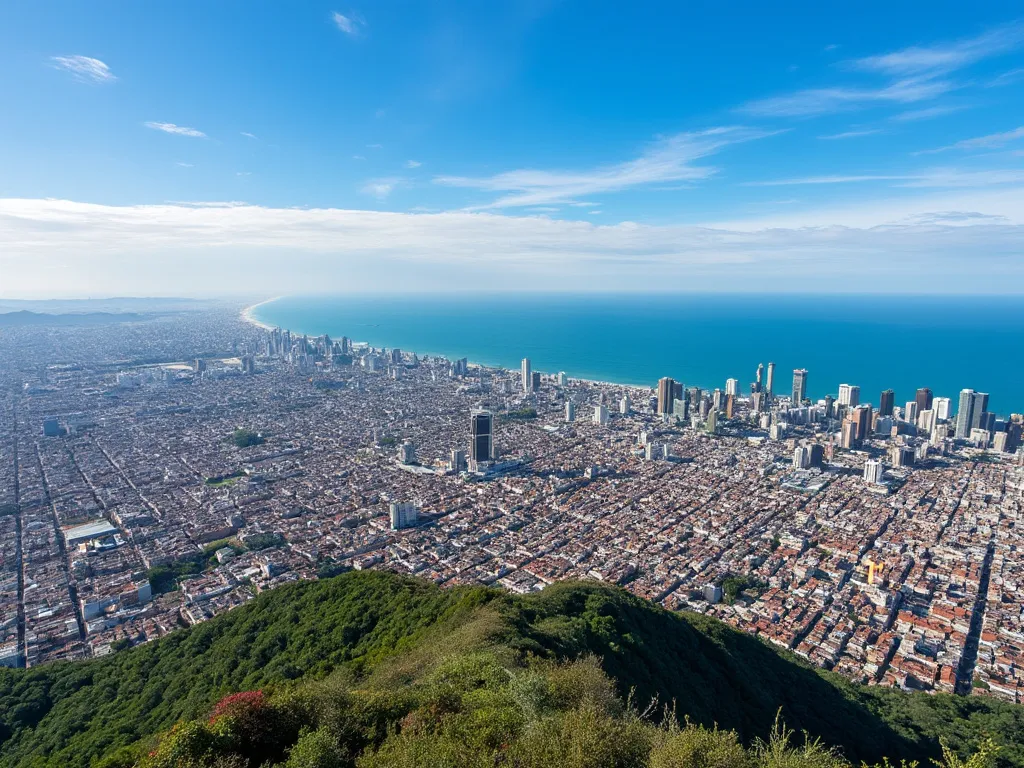 Lima
Lima
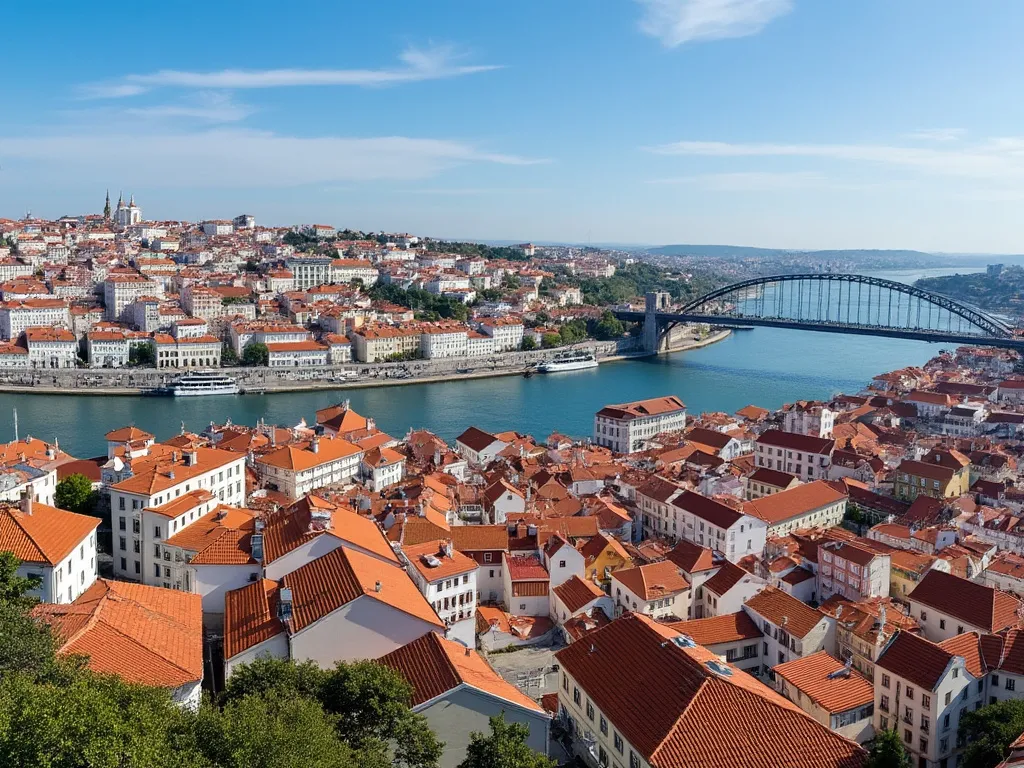 Lisboa
Lisboa
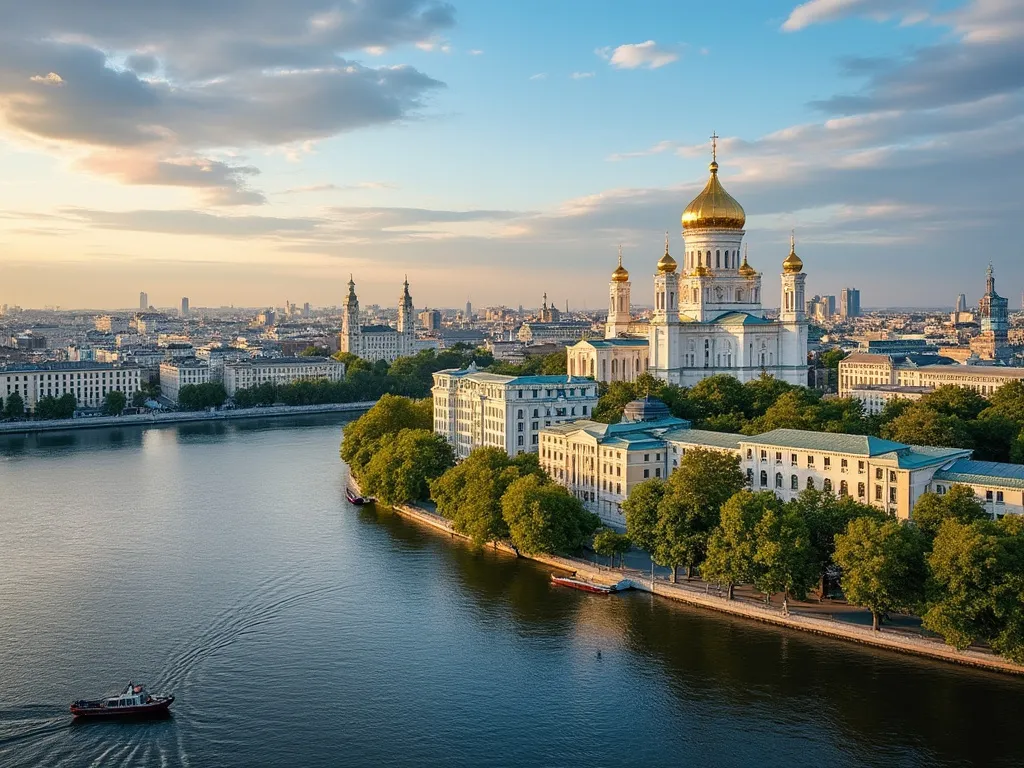 Kiev
Kiev
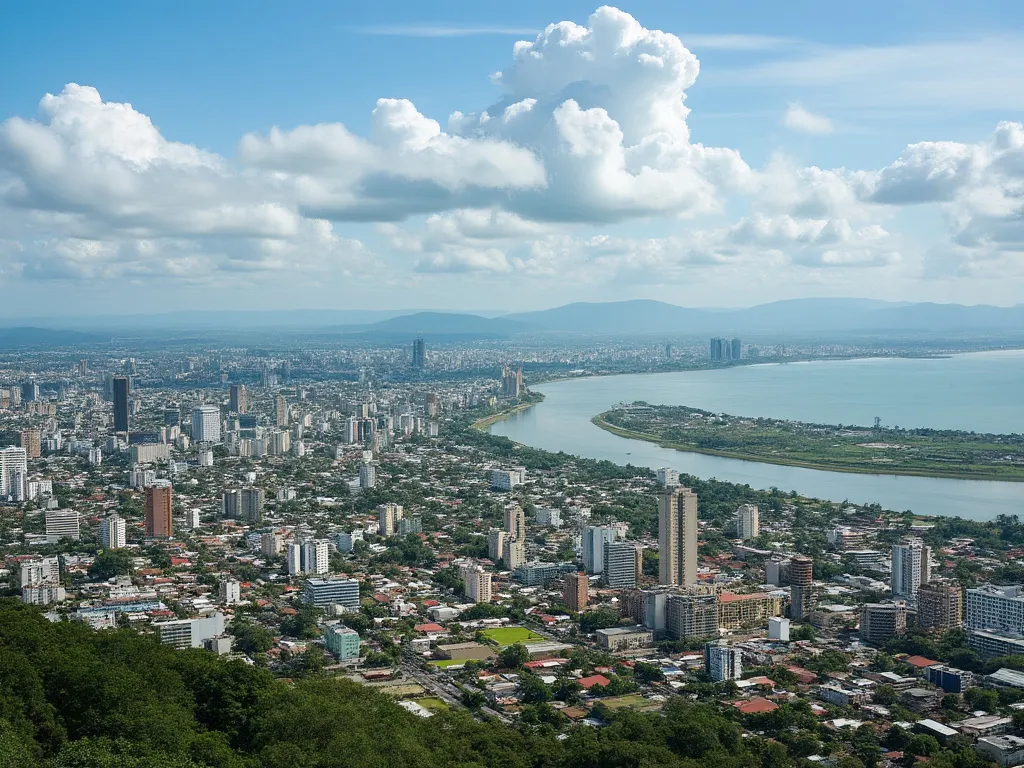 Libreville
Libreville